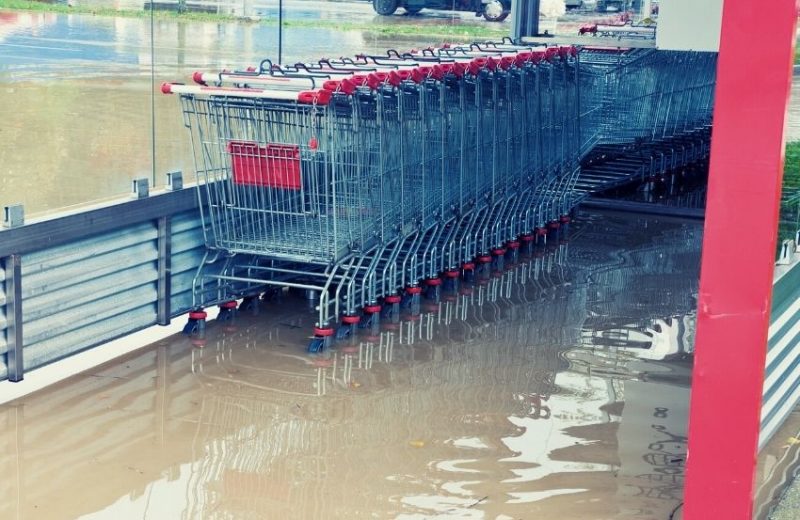Partner article
The end of February and beginning of March has thrown QLD and NSW with yet another disaster to deal with. Just as the pandemic started to normalise, we have been faced with flash flooding and continuous rain that doesn’t seem to let up. As we all prepare for yet another major clean-up effort and for life to get back to normal, it is crucial to put some thoughts as to what needs to be done in order for that to happen.
Practically, it’s a very stressful time following a damage event, however, starting to put the necessary information together as soon as you can will make the insurance claims process easier down the track, so take this journey with us as we document everything to help you ensure a successful claim.
Obviously before doing any of this be sure to put yourself and others safety above anything else.
The Damage Event
Once it is safe to do so, the most important thing to do is start to document your losses – if this can be done as they are occurring then that is always better than trying to remember the event order later on. In situations like this our smart phone really becomes our best friend – being able to have video content of the situation as it is occurring will be the best way to time stamp the events as they happen. If a video function is unavailable, then narrating the situation either into your phone via voice memo or onto your voicemail with timelines will help you keep track of the situation. Another thing to do is think about who was there with you – having third parties corroborate your story as witnesses is always beneficial to overall evidence.
Property Impact
Photos. It is crucial for any claim for the insurers to be able to see the extent of the damage, and in a situation like this, there is no such thing as too many photos. It is also really important to have photos from before the event for comparison so you may have to scroll through your Instagram to find pictures of what your business should look like. Another point to remember with photos is that the problem with water damage is that unfortunately it gets worse and worse over the days following, wood expands, carpets rot, machines fail etc, so be sure to continue the documentation even after the actual event. Property includes your shop fittings as well as all your saleable goods; having an inventory of your stock with well recorded receipts and invoices is also crucial to making an accurate claim. Think about when you did your last stock count and make that information easily accessible.
Customer Impact
As a retail business, you will need to have current and past records of the usual traffic and takings you generally work with on a standard day/week. Having to shut your shop will impact not only you but all those who rely on your product/service. Inability to serve will result in loss of opportunities and it’s important that you know your business inside out to be able to as accurately as possible estimate what these losses would be. If the flood happens on a day when you know is pension day and your takings are usually 10% higher than any other day that week it’s important to have that historical data – these are things that you need to make note of as it is unique to YOUR business. Remember your customer impact to your business is not just the day of the event but for as long as you can’t open and sell.
Staffing Impact
When we run a business we are not alone in the journey, our staff are a crucial part of the day to day running, so making sure that they are suitably compensated for loss of earnings and looked after is as important as the property itself. Having accurate time sheets and rosters are an important part of the documentation process. Eg. Remember, only you know that on pension day you always have 2 staff on rather than 1. Utilise your staff to help you fill in details to create really accurate claims – more heads are definitely better than one.
To make this easier for businesses, Vincents have included 2 free checklists for you to download and start ticking off.
Good luck and as always, if you need us, we are here for you at Vincents.
For more information contact Natasha Milne at nmilne@vincents.com.au or 07 3228 4064 (Brisbane) or 02 8224 8264 (Sydney).



